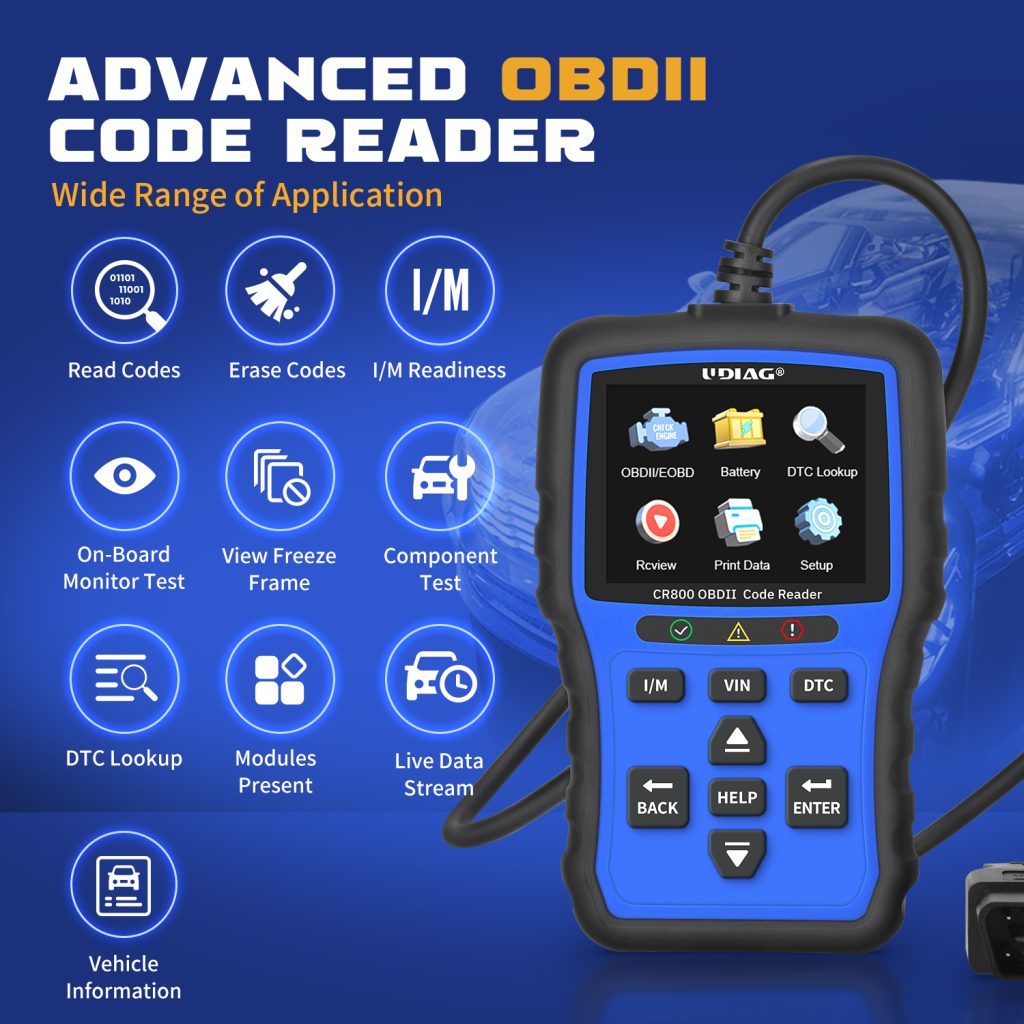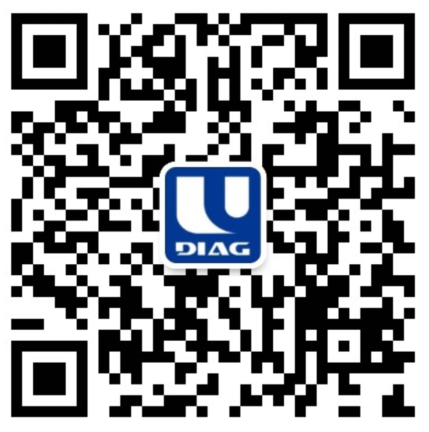How does the DTC lookup library in an OBD-II scanner save time during diagnostics
2024-12-11 by UDIAG
I. Introduction
Onboard Diagnostics II (OBD-II) scanners are essential tools for modern vehicle maintenance and repair, enabling users to communicate with a car’s onboard computer system. One of the most valuable features of many OBD-II scanners is the built-in Diagnostic Trouble Code (DTC) lookup library. This feature significantly enhances the efficiency of diagnosing vehicle issues, allowing users to quickly identify and address problems. In this essay, we will explore how a DTC lookup library saves time during diagnostics by providing immediate access to information, streamlining the troubleshooting process, enhancing diagnostic accuracy, and ultimately improving cost and time efficiency.
II. Immediate Access to Information
One of the primary ways that a DTC lookup library saves time is through quick code interpretation. When a vehicle’s onboard computer detects an issue, it generates a DTC that indicates the nature of the problem. Scanners equipped with a built-in DTC library allow users to instantly access definitions for these codes directly on the device. This immediate access eliminates the need for users to search online or refer to manuals, which can be time-consuming and cumbersome.Moreover, many modern OBD-II scanners feature user-friendly interfaces that guide users through the diagnostic process. These interfaces often include visual aids and step-by-step instructions for interpreting codes, making it accessible even for those with limited automotive knowledge. By simplifying code reading and interpretation, these scanners enhance the overall user experience and reduce diagnostic time.
III. Streamlined Troubleshooting Process
The presence of a DTC lookup library also streamlines the troubleshooting process. Once a code is retrieved, the library helps users identify primary issues quickly, allowing them to prioritize which codes to address first. This is particularly beneficial when multiple codes are present; instead of spending valuable time deciphering each one individually, users can focus on resolving the most critical issues first.In addition to identifying problems, DTC libraries often provide suggested repairs and solutions related to specific codes. This feature further reduces the time spent on research, as users can access common fixes directly from their scanners. By offering actionable insights based on established knowledge of vehicle diagnostics, these libraries empower users to make informed decisions without extensive background research.
IV. Cost and Time Efficiency
The time-saving capabilities of DTC lookup libraries translate into significant cost efficiencies as well. For DIY enthusiasts, having immediate access to code meanings and suggested repairs empowers them to perform their own repairs based on library information. This self-diagnosis can lead to substantial savings on mechanic fees, as users can address minor issues before they escalate into more significant problems requiring professional intervention.Additionally, for fleet managers overseeing multiple vehicles, the benefits of DTC lookup libraries become even more pronounced. Quick diagnostics across a fleet can minimize downtime and ensure that vehicles are back in operation as soon as possible. By integrating DTC libraries into telematics systems for real-time monitoring, fleet managers can proactively manage vehicle health and maintenance schedules.
V. Enhanced Diagnostic Accuracy
Another critical aspect of how DTC lookup libraries save time is by enhancing diagnostic accuracy. With immediate access to DTC meanings, users can reduce guesswork in their diagnostics. This minimizes trial-and-error approaches that often lead to wasted time and resources on unnecessary repairs or misdiagnoses.Furthermore, many advanced OBD-II scanners offer live data streaming alongside DTC libraries, providing a comprehensive view of vehicle performance in real-time. The combination of historical codes and live data allows users to make informed decisions about repairs based on both current performance metrics and past issues. This holistic approach ensures that diagnostics are accurate and efficient.
Conclusion
In conclusion, a built-in DTC lookup library in an OBD-II scanner significantly enhances diagnostic efficiency by providing immediate access to information, streamlining troubleshooting processes, improving diagnostic accuracy, and offering cost savings for both individual users and professionals alike. As vehicles become increasingly complex and reliant on sophisticated onboard systems, investing in OBD-II scanners equipped with these features is essential for anyone looking to maintain or repair their vehicles effectively. The ability to quickly diagnose issues not only saves time but also empowers users with knowledge and confidence in managing their vehicle’s health.
FAQs
1. What is a DTC lookup library?
A DTC lookup library is a built-in database within an OBD-II scanner that provides definitions and explanations for Diagnostic Trouble Codes (DTCs). It helps users quickly understand what each code means and often includes suggested repairs or troubleshooting steps.
2. How does a DTC lookup library save time during diagnostics?
By providing immediate access to code definitions and related information, a DTC lookup library eliminates the need for users to search online or consult manuals. This quick access allows for faster identification of issues and more efficient troubleshooting.
3. Can I use an OBD-II scanner without a DTC lookup library?
Yes, you can use an OBD-II scanner without a DTC lookup library; however, you may need to look up codes manually online or in reference materials, which can be time-consuming and less efficient.
4. Are all OBD-II scanners equipped with a DTC lookup library?
No, not all OBD-II scanners come with a built-in DTC lookup library. Basic models may only read codes without providing detailed information. It’s essential to check the specifications of the scanner before purchasing to ensure it includes this feature.
5. What types of information can I find in a DTC lookup library?
A typical DTC lookup library includes:
- Definitions of diagnostic trouble codes
- Common causes for each code
- Suggested repairs or troubleshooting steps
- Additional context about the vehicle systems affected
6. How accurate are the suggestions provided by DTC lookup libraries?
The accuracy of suggestions can vary based on the quality of the scanner and its database. Reputable brands typically offer reliable information based on industry standards and common repair practices.
7. Can I rely solely on a DTC lookup library for vehicle diagnostics?
While a DTC lookup library is a valuable tool, it should not be the only resource for diagnostics. It’s important to consider additional factors, such as live data from the vehicle, symptoms experienced, and other diagnostic tools, to ensure comprehensive troubleshooting.



